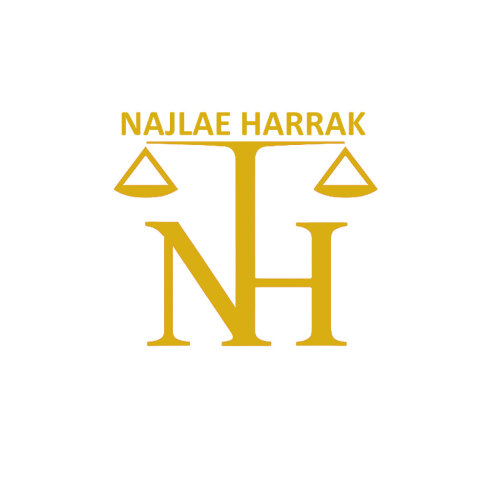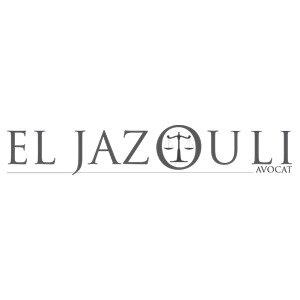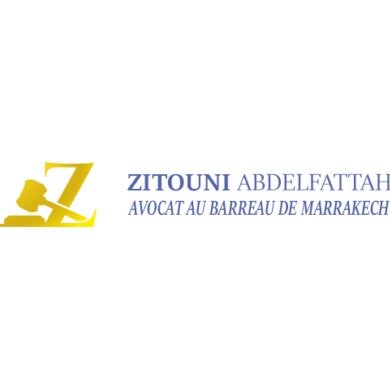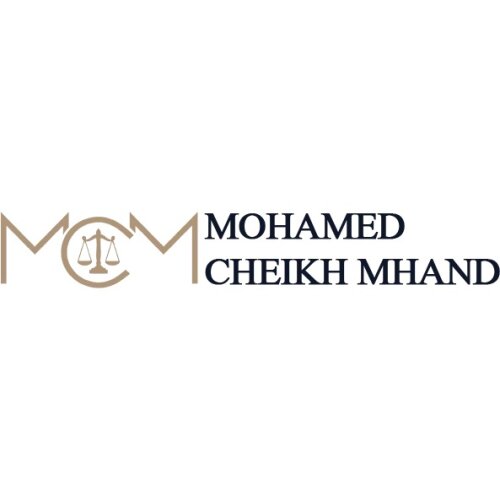Best Adoption Lawyers in Morocco
Share your needs with us, get contacted by law firms.
Free. Takes 2 min.
Free Guide to Hiring a Family Lawyer
Or refine your search by selecting a city:
List of the best lawyers in Morocco
About Adoption Law in Morocco
Adoption in Morocco is guided by a specific legal framework known as "Kafala." Unlike traditional adoption practices in many Western countries, Kafala does not sever biological family ties, nor does it grant full parentage. Instead, it allows a family or individual to assume legal responsibility for the care and protection of an orphaned or abandoned child, while the child's original name and inheritance rights remain intact. The process is regulated strictly to ensure the welfare of the child and adherence to both Moroccan laws and Islamic principles.
Why You May Need a Lawyer
Legal assistance can be invaluable during the adoption process in Morocco for several reasons. Firstly, navigating the Kafala system can be complex, with various procedural requirements and documentation needed. A lawyer experienced in adoption can ensure compliance with local laws and prevent bureaucratic delays. Furthermore, if you are a foreign national, understanding the intersection between Moroccan law and the adoption laws in your home country is crucial. Legal representation can also be beneficial in addressing disputes over guardianship or inheritance rights, securing residency papers, or handling cross-border legal issues.
Local Laws Overview
The legal framework controlling adoption in Morocco is primarily encompassed within the Family Code, which integrates principles of Islamic law. Key aspects of local adoption laws include:
- Kafala System: It governs the guardianship, requiring prospective guardians to take legal responsibility without severing the child's biological ties.
- Eligibility: Both Moroccan nationals and foreigners can apply to become guardians under Kafala, although requirements can be stringent for foreigners.
- Court Approval: The assignment of legal guardianship requires a judicial process, including investigations into the suitability of the guardian.
- Child’s Consent: If the child is over a certain age, his or her consent is also requisite in the Kafala process.
- Religious Considerations: Guardians must respect the Islamic upbringing of the child.
Frequently Asked Questions
What is the difference between adoption and Kafala?
While adoption severs a child's ties to their biological parents legally, Kafala maintains these ties, only transferring legal guardianship and responsibility to the guardian.
Can foreigners adopt children from Morocco?
Foreigners can participate in the Kafala system but are required to meet specific conditions, including demonstrating financial stability and, often, adherence to raising the child in a Muslim environment.
What are the eligibility requirements for Kafala?
Potential guardians must be at least 25 years old, demonstrate moral integrity, and provide proof of financial stability. They must also pass background checks and home studies.
Is a Kafala arrangement recognized internationally?
Kafala is not recognized as full adoption in many countries. Prospective guardians should consult with legal professionals in both Morocco and their home country to understand the implications.
Does the biological family have any rights after Kafala is granted?
Yes, biological familes maintain the child's lineage and may have visitation rights, depending on the court's judgment.
How long does the Kafala process take?
The process can vary but typically ranges from several months to over a year, depending on the individual circumstances and compliance with legal requirements.
What documents are required for the Kafala application?
Applicants need to provide a variety of documents, including identity cards, proof of residence, financial statements, and police records.
Can Kafala be revoked?
The court can revoke a Kafala arrangement if the guardian fails in their duties; however, this decision is made judiciously to consider the child’s best interests.
Will the child inherit from the guardian in a Kafala arrangement?
No, under Kafala, the child will not automatically inherit from the guardian unless explicitly stated in the guardian's will.
Is it necessary to involve a lawyer in the Kafala process?
While not legally mandated, involving a lawyer can simplify the process and ensure compliance with all legal requirements.
Additional Resources
For those seeking more information or assistance, here are some resources and organizations that may be helpful:
- Ministry of Justice in Morocco: Provides guidance and oversight on family law matters, including Kafala.
- Local Non-Governmental Organizations: Many NGOs offer support services for foreign and national adoptions.
- Family Court Services: Available in major cities for advice and documentation on Kafala arrangements.
- Embassies and Consulates: Offer guidance specific to their nationals regarding international aspects of Kafala.
Next Steps
If you need legal assistance with adoption in Morocco, consider the following steps:
- Research Qualified Lawyers: Seek lawyers specializing in family and adoption law, preferably with experience in Kafala cases.
- Schedule Consultations: Meet with multiple lawyers to discuss your situation, understand their approach, and gather advice.
- Document Preparation: Begin assembling necessary documents even before a formal process begins to expedite the application.
- Stay Informed: Keep abreast of any changes to Moroccan adoption laws that may affect your situation.
- Explore Support Networks: Engage with communities and support networks for guidance and shared experiences.
Lawzana helps you find the best lawyers and law firms in Morocco through a curated and pre-screened list of qualified legal professionals. Our platform offers rankings and detailed profiles of attorneys and law firms, allowing you to compare based on practice areas, including Adoption, experience, and client feedback.
Each profile includes a description of the firm's areas of practice, client reviews, team members and partners, year of establishment, spoken languages, office locations, contact information, social media presence, and any published articles or resources. Most firms on our platform speak English and are experienced in both local and international legal matters.
Get a quote from top-rated law firms in Morocco — quickly, securely, and without unnecessary hassle.
Disclaimer:
The information provided on this page is for general informational purposes only and does not constitute legal advice. While we strive to ensure the accuracy and relevance of the content, legal information may change over time, and interpretations of the law can vary. You should always consult with a qualified legal professional for advice specific to your situation.
We disclaim all liability for actions taken or not taken based on the content of this page. If you believe any information is incorrect or outdated, please contact us, and we will review and update it where appropriate.
Browse adoption law firms by city in Morocco
Refine your search by selecting a city.

















